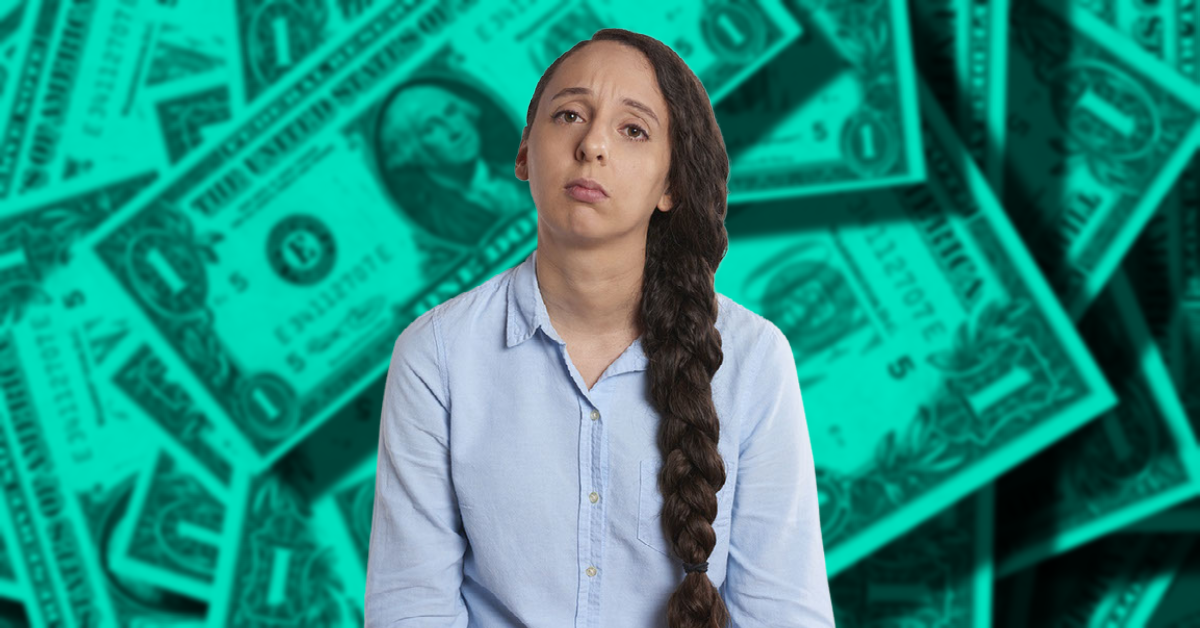Proponents of big-government spending and money-printing tried to downplay April data showing surging consumer prices as just a temporary adjustment. But the new data for May are out now, and they show price inflation shooting up even higher.
According to Bureau of Labor Statistics figures released Thursday, consumer prices rose a whopping 5 percent from May 2020 to May 2021—the highest rate recorded in 13 years. (And this is using a measure that often underestimates actual price increases). Some particular goods experienced acute price increases, such as used cars and trucks, which rose 7.3 percent over the year. Food and transportation prices saw sizable increases as well.
What costs more now?
— Heather Long (@byHeatherLong) June 10, 2021
It's murky to compare to May 2020, but people still feel these increases.
Car rental 110% (y/y)
Gas 56%
Used cars 30%
Laundry appliances 27%
Airfares 24%
Auto insurance 17%
Moving 16%
Bacon 13%
Bikes 10%
Hotels 10%
Furniture 9%
Whole milk 7.2%
Clothes 6%
Price inflation sometimes feels like an abstract concept. But here are three ways that the surging consumer prices revealed in this report will hurt everyday Americans.
1. Directly Cutting Your Paycheck
This level of price inflation is essentially the same as if an additional chunk of your income was confiscated in taxes from May 2020 to May 2021.
Why? Well, the real value of your paycheck isn’t based on the dollar figure, but on what those dollars can buy you. So, basically, even if your income remained unchanged, you’re likely to be somewhat poorer now than you were a year ago.
Now, a seeming silver lining of inflation is that wages rise, too. And indeed nominal wages are on the rise for many workers right now. But many people’s raises have been effectively canceled out by the rising prices. (Sorry to rain on your parade).
And this doesn’t affect everyone equally. When the Federal Reserve goes on a printing spree, whether your expenses are inflated faster than your income depends on whether the new money reaches you sooner vs. later. Generally, wealthy people and corporations are able to access the new money first and reap the benefits, while those lower down the financial food chain end up bearing the costs of this monetary inflation.
2. Eroding Your Savings
Inflation punishes frugality.
If you saved money over the last year, responsibly planning for the future or building up a rainy-day fund, it’s now eroded in real value because the same amount of money buys you less than before. But if you had simply binged your entire paycheck after receiving it, you wouldn’t have lost as much of your real resources. And if you finance your spending binge by running up credit card debt then receive an inflation-fueled pay bump, that debt is easier for you to finance. So, inflation also rewards profligacy.
3. Stealth Taxation
While the causes of inflation are complex, it’s at least in part driven by federal monetary policy. After all, the Federal Reserve has printed trillions of dollars as part of the government’s “stimulus” efforts. This “monetary inflation” is almost certainly fueling much of the consumer price inflation we’re seeing.
And government-driven inflation is essentially a hidden form of taxation.
The ability to inflate currency to stealth-tax citizens matters politically, aside from the erosion of our incomes and savings, because it enables politicians to grow the government and spend more taxpayer money than they would be able to get away with if they actually had to directly raise peoples’ taxes. This is bad news for anybody who values economic freedom, free-market capitalism, and the prosperity they bring.
The Big Picture
Ultimately, this is just one set of data. We still don’t know how big of a problem price inflation will be in the near future. But it’s an important reminder of the various ways government-caused inflation hurts everyday Americans. (And we haven’t even mentioned economic bubbles!) No matter what rates we ultimately experience, we should all keep this in mind.
Like this story? Click here to sign up for the FEE Daily and get free-market news and analysis like this from Policy Correspondent Brad Polumbo in your inbox every weekday.

